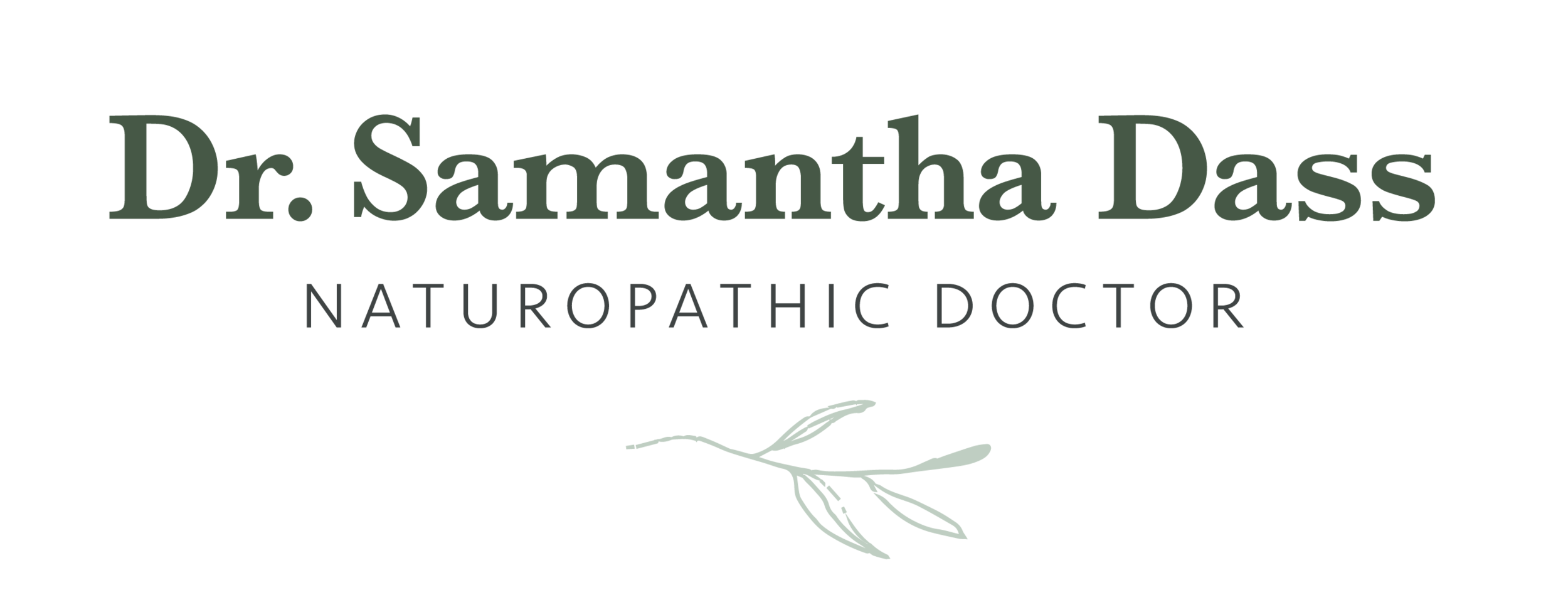B Vitamins for PMS
Premenstrual syndrome can take over a large portion of your life. If you experience negative symptoms for a week every month, that’s a quarter of your year spent feeling unwell! Some women experience physical symptoms like bloating, fatigue, water retention, headaches, cramps and breast tenderness. Some experience emotional symptoms like irritability, depression and anxiety. Many deal with both.
It’s not clear what exactly is going on in the body when you experience PMS. It likely has something to do with hormones produced in your ovaries (like estrogen and progesterone) as well as brain chemicals like serotonin.
Research on B Vitamins
B vitamins have so many different functions in our bodies. They help to produce and metabolize neurotransmitters (brain chemicals that govern our mood and behavior). They also affect our hormones.
An interesting study was published by the American Journal of Clinical Nutrition about B vitamins and PMS. It found a link between eating more B vitamin rich foods and reduced PMS symptoms. There are many different B vitamins but this study found significant benefits with B1 and B2 in the diet.
Thiamine and Riboflavin
Vitamin B1 is called thiamine which is high in certain fortified grains, black beans, fish (like trout, tuna and salmon), beans (like black and navy beans), acorn squash, peas, asparagus etc. Vitamin B2 is called riboflavin which can be found in fortified grains, dairy products like yogurt and milk (interestingly, calcium also improves PMS), almonds, chicken, quinoa, spinach, apples, eggs etc. Note: this is not a complete list.
The study found that foods rich in B1 and B2 needed to be consumed multiple times a day in order to see benefit. So many busy women find it hard to prioritize food. You may be eating some of these foods but it might not be often enough or a large enough quantity to get the benefits you’re hoping for.
Non-Diet Solutions
For those who struggle with diet, B vitamins in supplement form have been shown in other studies to provide some PMS relief, with certain ones being more promising than others.
There are pharmaceutical treatments for PMS like contraceptive pills and antidepressants but many women are interested in learning about how they can change their daily habits to manage PMS. This study is a great example of the power of nutrition for managing women’s health issues.
If you would like to learn about foods that can help with symptoms of anxiety, be sure to sign up to get my free anxiety-soothing food list emailed to you.

